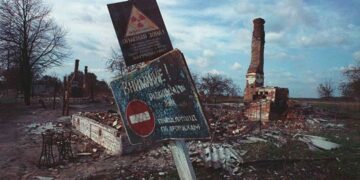
How The Chernobyl Disaster Affected The UK
One site where the effects of Chernobyl’s radioactive rains is still very present today, in the famous Loch Ness in Scotland.
Europe is full of dozens of cultures and ethnic groups, it can be an exciting place to explore!
But even if you can’t go there, you can still learn the facts about Europe until the day you book your ticket and head over for a visit!

One site where the effects of Chernobyl’s radioactive rains is still very present today, in the famous Loch Ness in Scotland.
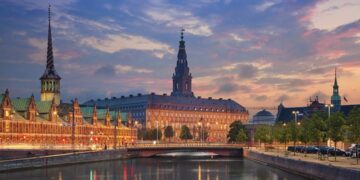
In 1989, Denmark became the first country in the world to grant legal recognition to same-sex unions.
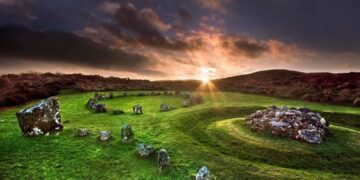
Irish Gaelic is the official language of Ireland, but only 380,000 fluent speakers remain.
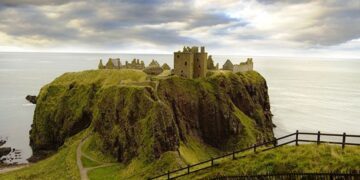
There is an estimated 3,000 castles in Scotland, which equals one castle for every 100 square miles.

Whilst on his way to Egypt, Napoleon took over Malta from the Knights in 1798.

The Petra World Heritage Site has ruins, tombs and structures dating as far back as 300 B.C.
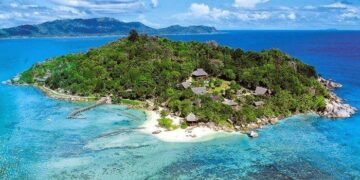
The smallest country in the world only has a population of 800. Only 450 of them have actual citizenship.

Greek citizens have no option to opt out of voting. Everyone over the age of 18 must vote.
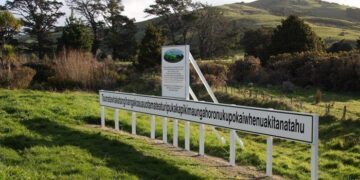
The second longest place name in the world is located in Wales. The name is 58 letters long, and very difficult to say!
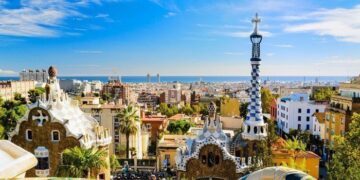
In 1999 Barcelona was the first and only city to date to receive the Royal Gold Medal for architecture.
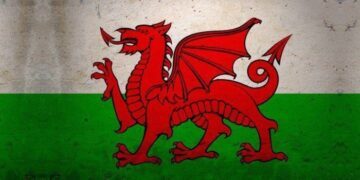
Did you know that Mount Everest is named after Welshman Sir George Everest?

The Sistine Chapel has the same dimensions as the Temple of Solomon, as described in the Old Testament.